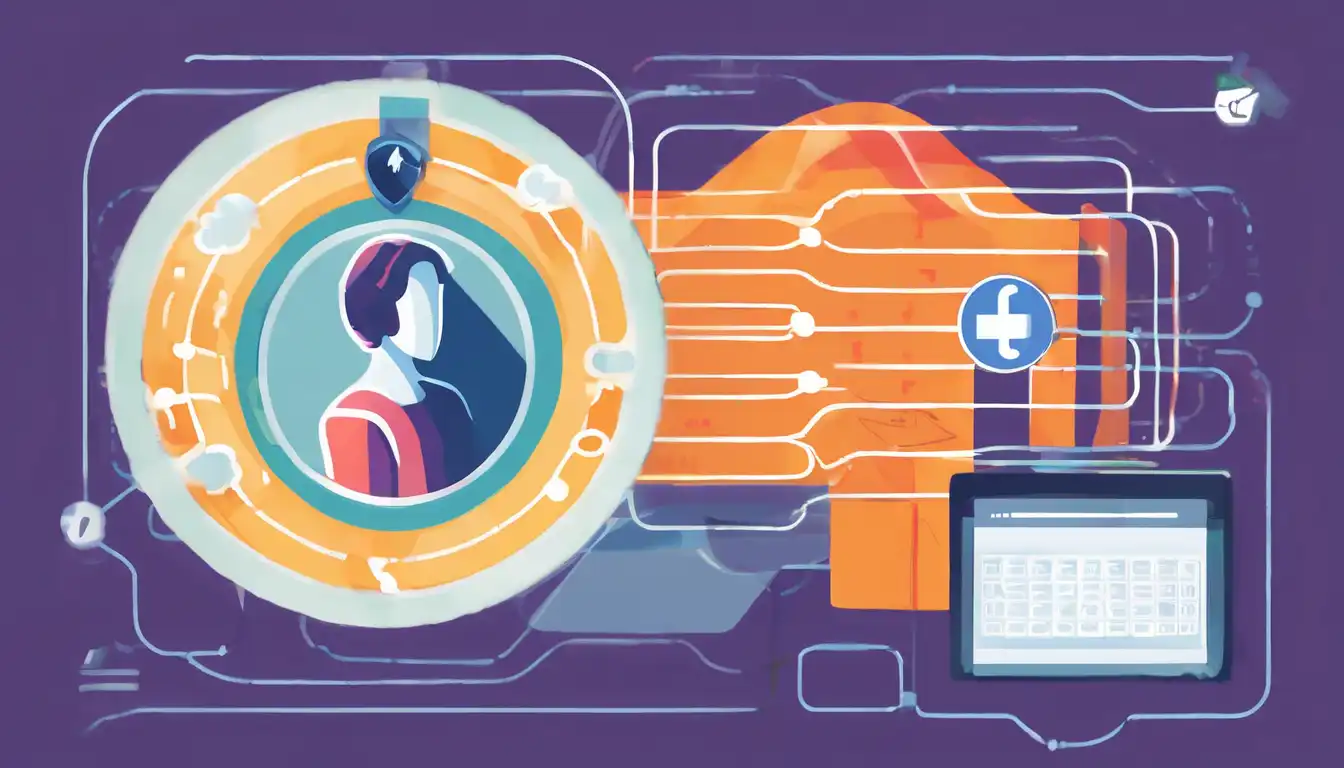Why VPNs Are Crucial for Online Privacy
In today's digital age, protecting your online privacy has never been more important. With cyber threats on the rise, a Virtual Private Network (VPN) serves as a critical tool in safeguarding your internet activity from prying eyes. This guide will explore the ins and outs of VPNs and how they contribute to your online privacy.
What Is a VPN?
A VPN is a service that encrypts your internet connection and hides your IP address, making your online actions virtually untraceable. This not only secures your data from hackers but also allows you to browse the web anonymously, bypass geo-restrictions, and avoid censorship.
How Does a VPN Protect Your Privacy?
VPNs use advanced encryption protocols to create a secure tunnel between your device and the internet. This means that even if someone intercepts your data, they won't be able to decipher it. Additionally, by masking your real IP address, a VPN prevents websites and advertisers from tracking your online movements.
Choosing the Right VPN for Your Needs
Not all VPNs are created equal. When selecting a VPN provider, consider the following factors:
- Security Features: Look for VPNs with strong encryption, a no-logs policy, and kill switch functionality.
- Server Locations: More server locations mean better speed and more options to bypass geo-restrictions.
- Speed: A good VPN should offer fast connection speeds without significant drops.
- Compatibility: Ensure the VPN supports all your devices and operating systems.
The Role of VPNs in Bypassing Censorship
In countries with strict internet censorship, VPNs are a lifeline for accessing blocked content and services. By connecting to a server in a different country, users can enjoy unrestricted access to the global internet.
Common Misconceptions About VPNs
Despite their benefits, there are several myths surrounding VPNs. Let's debunk some of the most common ones:
- VPNs Are Only for Tech Savvy: Modern VPNs are user-friendly and can be set up in minutes.
- VPNs Slow Down Your Internet: While some speed loss is inevitable, premium VPNs minimize this impact.
- VPNs Are Illegal: In most countries, using a VPN is perfectly legal, though it's important to check local laws.
Enhancing Your Online Privacy Beyond VPNs
While VPNs are a powerful tool for protecting your privacy, they're not the only measure you should take. Consider using secure browsers, enabling two-factor authentication, and being mindful of the information you share online.
Final Thoughts
Understanding VPNs and their role in online privacy is essential in today's interconnected world. By choosing the right VPN and adopting additional security practices, you can significantly enhance your digital privacy and security. Remember, in the realm of online privacy, being proactive is key.
